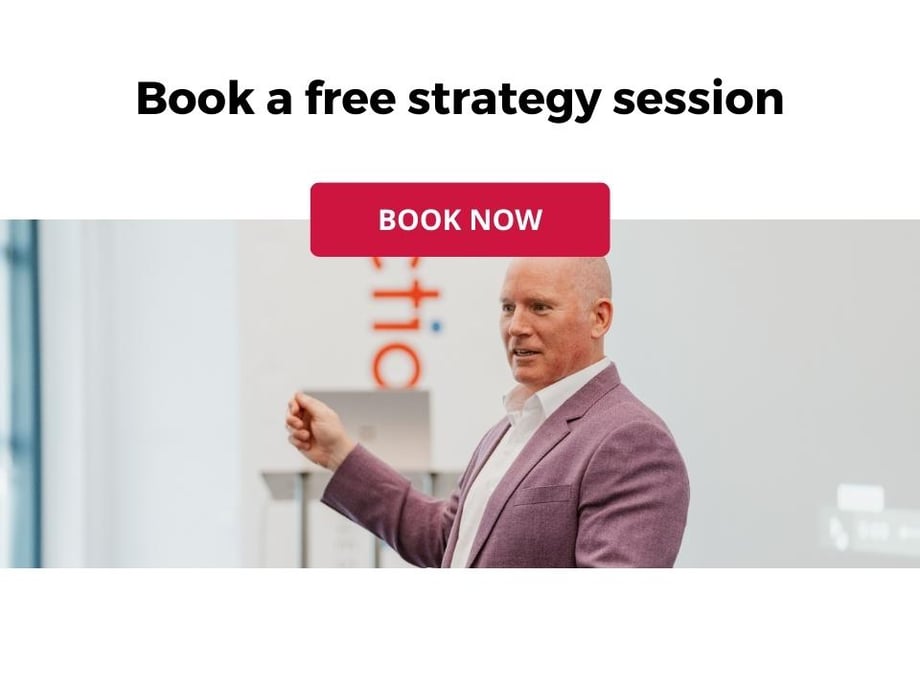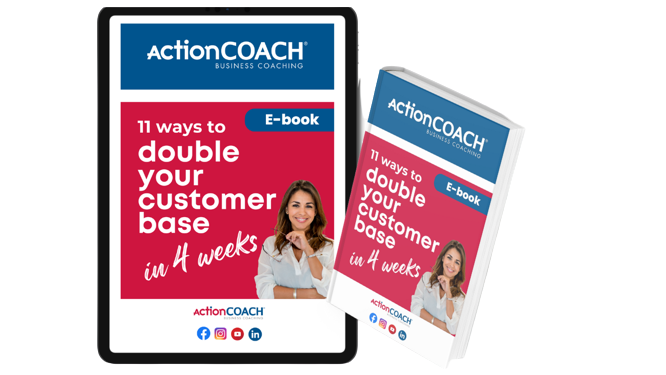Coaching is big business. In fact, it is one of the fastest growing industries in the world. Companies are increasingly investing in coaching for their execs and managers, and small business owners are turning to coaches for mentorship and support to grow their companies.
About business coaching
Business coaching has tremendous potential to transform businesses. After all, that is why it has become big business! Companies get value and reap rewards from coaching practices that are based on implementing proven systems and strategic actions to actually grow their business. Goal setting, putting effective processes and systems in place, and performance tracking with the guidance of a coach hones the capabilities of businesspeople – helping them to reach their potential and substantially grow their companies. Business coaching can help entrepreneurs knock down barriers that are restraining their growth, help them gain focus and take the necessary actions to achieve their aspirations. That’s the good side. But there’s a bad side too.
The business coaching industry is unregulated and there are coaches who have flogged their ‘credentials’ all over the internet and in their marketing but they aren’t worth their salt. Many of them don’t have experience in starting, growing or sustaining a successful business. Some do not even have any business experience at all. Because the industry is unregulated, there is no formal body to hold them accountable either. They charge what they like, offer unfounded and unqualified advice, and for the most part are quasi counselors to their clients. Instead of focusing on helping their clients achieve business growth through the development and marketing of products and services in markets where there is demand, these coaches are more focused on the mindset, emotions and motivation of their clients. They might mean well but this is not meaningful or strategic business coaching. It’s bordering on life or motivational coaching. Yes, there is value in therapists, life coaches and motivational coaches but they are not business coaches. When business owners get counselors instead of a business coach, it is just a big letdown for them and for the business coaching industry as a whole.
The ugly side
And then there is the really ugly side. There are coaches who are complete frauds. Small business owners are conned out of their money by so-called business coaches who quite literally do nothing for them. Fake coaches are particularly active in the small and medium sized enterprises’ field, targeting the small startups that are desperate for guidance to get their businesses off the ground. These fakes pummel the hopes of would-be entrepreneurs, charging big fees for training programs, learning materials and coaching sessions that just never happen. As they blaze a trail for themselves with clever and persuasive marketing, they give business coaching a really bad name.
How to make business coaching effective
Effective business coaching should have the ability to transform your business – with real goals and, focus on developing, marketing and selling products and services with tangible results!
Here’s some advice for filtering the real from the fake:
- Never let a coach find you through emails, telemarketing or social media. Use the internet, check with your local business chamber and ask around for recommendations.
- Search for coaches’ videos and reviews online, check their websites and social media platforms, and delve into what they are saying. Legitimate business coaches have substance. Many of them will write blogs and articles for publications, they will have podcasts and learning videos published online and they might host seminars and workshops.
- Make sure that they can verify their claims. Ideally, you should talk to previous clients and check out their testimonials. If these are not available online, ask for references. Professional coaches will have no problem mentioning their clients or allowing you to contact them for references.
- Never feel pressured into signing up with a coach. If a coach or someone form a coaching organisation puts pressure on you to buy, the individual is a salesman not a coach. No reputable coach will force you into accepting their proposal and paying for their services against a tight timeframe.
- Scrutinize their experience. You want a business coach who has real experience in business. You want someone who has been in management or at executive level in a successful company or someone who has started and grown a successful company, or someone who has helped other businesspeople operate and grow successful companies.
- Check their qualifications. Professional business coaches go to great lengths to build their credentials with certifications and business qualifications.
- Do not be afraid to ask questions. Ask if they have ever started a business, ask them about their career and find out if they have reached the level that you are hoping to reach. We learn from people that have more experience and knowledge than we ourselves possess. If the person has less experience than you, ask yourself; what could you possibly learn from them that you do not already know? If the answer is “nothing”, keep looking for someone who will be able to teach you something.
- Trust your gut. If something doesn’t feel right about the person, move on swiftly.
The next steps
A last word! There is a lot of worthwhile and credible help out there for business owners who want to grow their businesses. Do your homework before enlisting the help of just anyone! Click here to book a free strategy session. Let's start working together to build a business that works without you!




